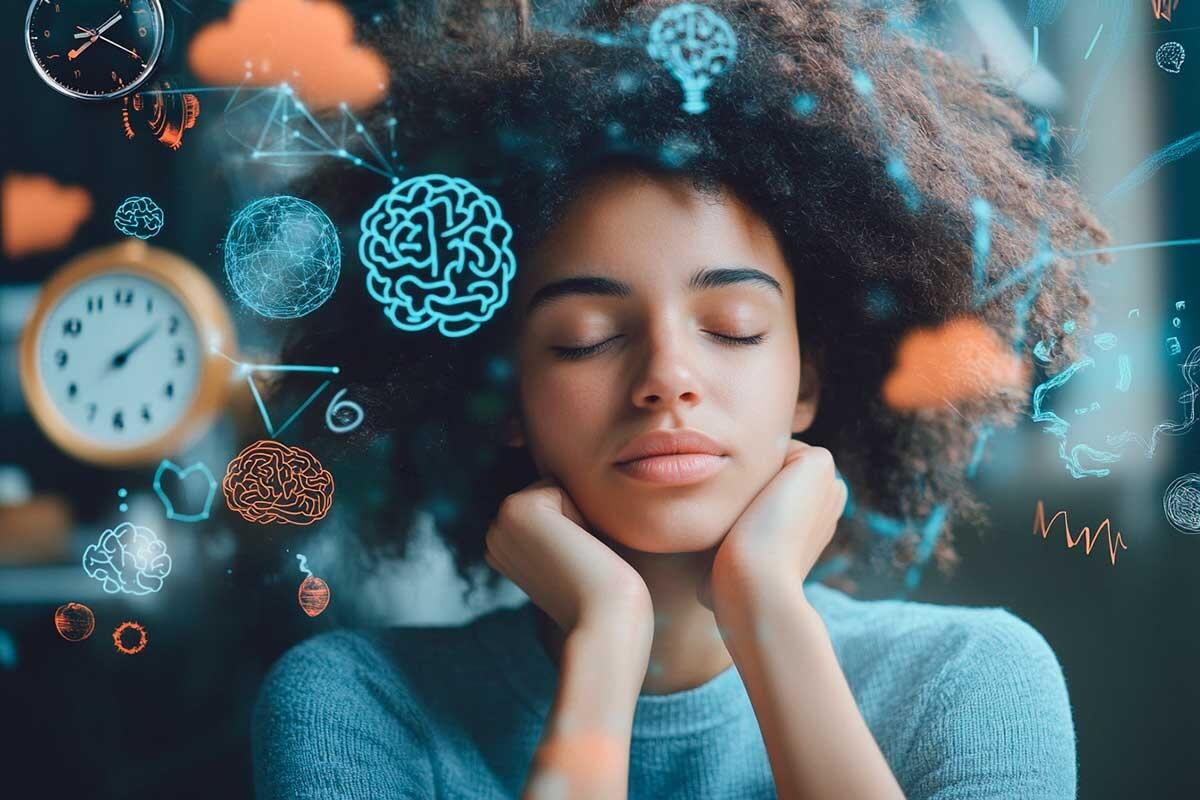Anxiety and ADHD: How the Two Disorders Are Connected and What to Do
Anxiety and Attention Deficit Hyperactivity Disorder (ADHD) are two prevalent mental health conditions that often coexist, creating unique challenges for individuals who experience both. While ADHD primarily impacts attention, impulsivity, and hyperactivity, anxiety adds layers of worry and emotional strain, complicating daily life.
In this article, we’ll explore how anxiety and ADHD are related, their combined impact on mental health, and effective strategies for managing both. At Clinic Consultation, we specialize in holistic approaches to mental health, helping patients achieve balance and well-being.
How Are Anxiety and ADHD Connected?
The relationship between anxiety and ADHD is complex and often bidirectional. Individuals with ADHD frequently encounter difficulties in managing tasks, meeting deadlines, and maintaining relationships. These challenges can lead to chronic stress and, eventually, anxiety. Conversely, anxiety can exacerbate ADHD symptoms, such as distractibility and restlessness.
Both conditions also share overlapping symptoms, such as difficulty concentrating and restlessness, making diagnosis and treatment more challenging. Understanding this connection is the first step toward addressing both disorders effectively.
Impact on Daily Life
When anxiety and ADHD coexist, they can significantly disrupt daily life. Individuals may struggle with organization, experience heightened emotional sensitivity, and find it challenging to navigate social or professional environments. This combination often leads to feelings of frustration and low self-esteem.
At Clinic Consultation, we understand the unique challenges posed by these conditions. Our team works closely with patients to identify how these disorders affect their lives and develop tailored strategies to improve their overall well-being.
Strategies for Managing Anxiety and ADHD
1. Cognitive Behavioral Therapy (CBT)
CBT is a proven approach for addressing both anxiety and ADHD. This therapy helps individuals identify negative thought patterns and replace them with constructive alternatives. It also provides practical tools for managing time, tasks, and emotions.
At Clinic Consultation, our therapists specialize in CBT, offering patients structured support to navigate the challenges of anxiety and ADHD while fostering personal growth and resilience.
2. Relaxation and Mindfulness Techniques
Anxiety and ADHD can create a cycle of mental overactivity and stress. Incorporating mindfulness practices, such as meditation and deep breathing, helps calm the mind and improve focus. These techniques reduce anxiety’s physical symptoms, such as rapid heartbeat and tension, while enhancing ADHD management.
Our experts at Clinic Consultation provide guided mindfulness sessions and resources to help patients integrate these practices into their daily routines effectively.
Lifestyle Changes to Improve Symptoms
Adopting a healthy lifestyle plays a crucial role in managing anxiety and ADHD. Regular physical activity, such as jogging or yoga, boosts mood-regulating endorphins and enhances focus. A balanced diet, rich in whole grains, proteins, and healthy fats, supports brain health and emotional stability.
Establishing consistent routines, limiting caffeine, and ensuring adequate sleep are also key factors. At Clinic Consultation, we guide patients in creating lifestyle adjustments that complement their treatment plans.
When to Seek Professional Help
If symptoms of anxiety and ADHD interfere significantly with daily life, it’s essential to seek professional help. Indicators like frequent panic attacks, inability to complete tasks, or persistent relationship difficulties suggest the need for expert intervention.
At Clinic Consultation, we offer comprehensive care, including therapy, counseling, and, when necessary, medication. Our approach focuses on empowering patients to take control of their health and improve their quality of life.
Conclusion
Managing anxiety and ADHD together may feel overwhelming, but with the right strategies and professional support, it is possible to lead a fulfilling life. By addressing both disorders holistically, individuals can build resilience, improve their focus, and achieve greater emotional stability. If you or a loved one struggles with these challenges, reach out to Clinic Consultation for personalized care and expert guidance.
